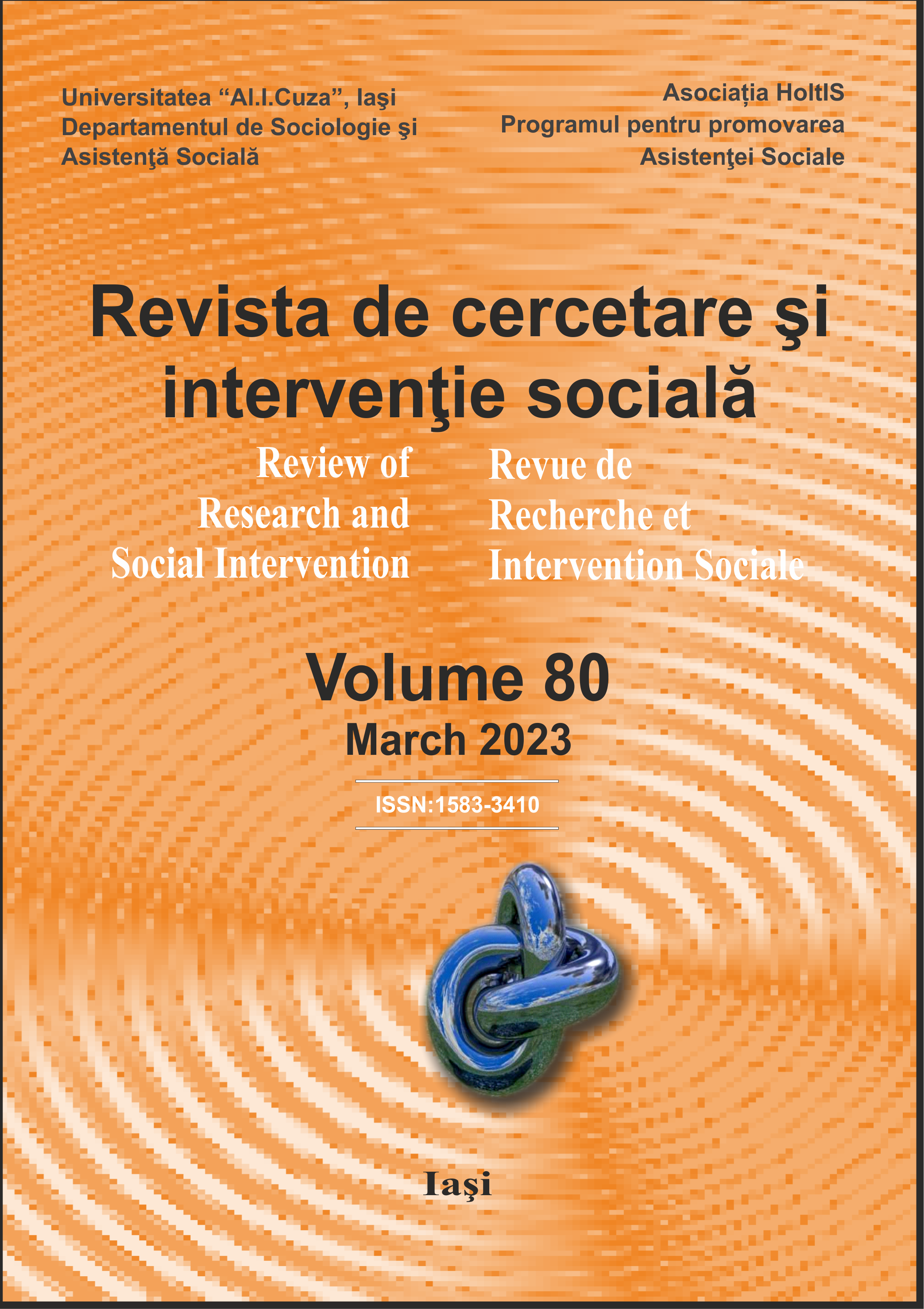Factors Affecting Millennials’ Job Turnover Intention during the Implementation of Work from Home (WFH)
Factors Affecting Millennials’ Job Turnover Intention during the Implementation of Work from Home (WFH)
Author(s): Wirmandi Pamungkas, Nadia Tiara Budiono, Rudy Haryanto, Willy GunadiSubject(s): Social Sciences, Education, Sociology, Methodology and research technology, Applied Sociology, Health and medicine and law, Sociology of the arts, business, education, Social Norms / Social Control, Distance learning / e-learning
Published by: Expert Projects Publishing
Keywords: work from home; work stress; work motivation; work-life balance; turnover intentions; millennials;
Summary/Abstract: The recent COVID-19 pandemic has pushed many institutions, regardless of whether they are ready or not, to adapt work from home (WFH) practices. This study aims to evaluate how work stress, workload, work-life balance, and work motivation affect millennials’ intention to leave their jobs during work from home implementation. There were 224 millennial respondents in the Greater Jakarta Area who experienced WFH set-ups because of the COVID-19 outbreak that filled out the questionnaires. The PLS-based SEM technique was then used to examine the data that had been obtained. The results showed a significant effect from working from home on workload, work stress, work-life balance, and motivation. Additionally, it found that workload and work stress have significant effects on the turnover intention. Work-life balance and work motivation, according to the results, have no significant effects on turnover intention. As a result, management should consider the workload and work stress while evaluating the effectiveness of the use of the type of assignment. More factors that influence turnover intentions need to be considered in future studies.
Journal: Revista de Cercetare şi Intervenţie Socială
- Issue Year: 2023
- Issue No: 80
- Page Range: 139-160
- Page Count: 22
- Language: English

